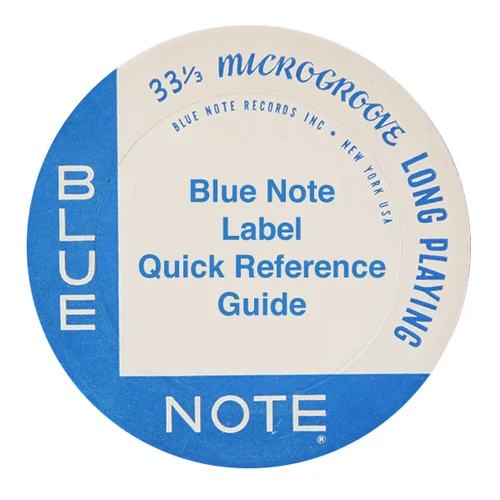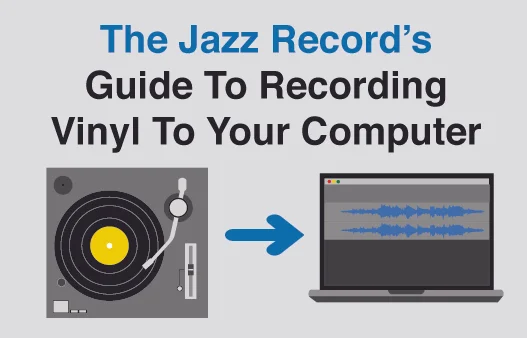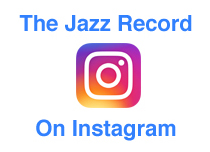Keeping The Spirit Alive: Woody Shaw - "Stepping Stones (Live At The Village Vanguard)
/Woody Shaw • Stepping Stones (Live At The Village Vanguard) • 1978 • Columbia Records
Recorded August 5 & 6, 1978 at The Village Vanguard, NYC
The Selection:
The Players:
Woody Shaw - Cornet, Flugelhorn
Carter Jefferson - Tenor Sax, Soprano Sax
Onaje Allan Gumbs - Piano
Clint Houston - Bass
Victor Lewis - Drums
The Tracks:
A1. Stepping Stone
A2. In A Capricornian Way
B1. It All Comes Back To You
B2. Seventh Avenue
B3. Theme For Maxine
The Record:
Woody Shaw In The Moment.
Woody Shaw seemed to be the last man standing at the end of the 1970s when it came to keeping the flame burning for hard bop and it's more adventurous offshoot of post bop. Most of his contemporaries had abandoned the sounds of modern jazz for the more commercial leanings of electric jazz and jazz funk, but Shaw stood firm in his stylistic leanings long after it proved a financially viable vehicle for selling records or attracting many mainstream fans. Some of his well known elders - Freddie Hubbard, Joe Henderson and Bobby Hutcherson to name a few - would return to this classic sound in the early '80s, and "The Young Lions" led by the Marsalis Brothers, Joshua Redman and Kenny Washington would rebel against the sounds of fusion and soft jazz and bring a modern jazz sound back into the fold. But, for a while anyway, Shaw stood nearly alone with his musical sound and vision.
Stepping Stones - Live At The Village Vanguard is part of a run of albums Shaw made for Columbia from 1977 to 1981 that are all highlights of his career. Rumor has it that it was Miles Davis who suggested to the label that they sign Shaw, although it may have actually been due to Shaw's appearance on the surprising hit record Homecoming by Dexter Gordon which was released by Columbia (and which I wrote about here). Stepping Stones followed his fantastic Columbia debut Rosewood, and Shaw and his band sound absolutely inspired on the five tracks recorded at the famous jazz club (which are really four long tracks, the final one is a very short coda track to finish things off).
The group on hand here is easily one of the best that Shaw would record with, and as with the best jazz outfits even though it's Shaw's name headlining the album this is clearly a collective of musicians on equal footing. Carter Jefferson's is pushed to grand heights by Shaw's attack on the cornet, and the lesser known Onaje Allan Gumbs (who might rank up there with the finest post bop pianists if his career hadn't started in the late '70s) is phenomenal. Clint Houston and Victor Lewis are both excellent (Lewis is still doing fine work today), and Houston's contribution to the record "Seventh Avenue" might be my favorite tune on there. It's a post bop adventure showing off what this fiery group was capable of on any given night, and is reminiscent of some of the excellent post bop work by the likes of Freddie Hubbard and Wayne Shorter on their final albums for Blue Note at the end of the '60s. Shaw and Jefferson blow some fast and furious yet soulful lines over Gumbs staunch piano riffs, while the rhythm section somehow keeps the whole affair together.
As with many jazz musicians, Woody Shaw's demise was a tragic one, after getting dropped by Columbia in 1982 (the records may have been critical hits, but predictably were commercial failures) he would never again reach the heights he achieved in the previous decade. After bouts with depression and a degenerative vision disease, he would leave us much to soon in 1989 at the young age of 44. For proof of just how under-appreciated Shaw remains can be summed up by the simple fact that Stepping Stones didn't even see a CD release until 2005, nearly twenty five years after it was released (and even then with a somewhat different song lineup). This from an album that can be put up there with the best releases from the legendary Village Vanguard, putting it in lofty company. I prefer, however, to focus on the wonderful music that Shaw left us, his laser focus on continuing the traditions of the golden age of jazz and not moving towards commercial leanings when it certainly would have benefitted him financially. I believe his catalog is still ripe for a mainstream reevaluation, one that he won't be around to appreciate, but one that is decades over-due and massively well-deserved.
The Vinyl:
The Details: An original pressing on the ubiquitous red and yellow Columbia label that was in use for nearly two decades starting in the early 1970s.
The Price: I paid all of $1.99 for this about ten years ago, a testament to both the ridiculous under-appreciation of Shaw and how far the vinyl resurgence (and the corresponding rise in prices) has come since then. Even so, you can still snag a copy of this for around $10 to $15 today.
Sound Quality: Nice sound for a late '70s release, the LP was produced by Michael Cuscuna and clearly no expense was spared for the live recording, resulting in a very enjoyable analog listening experience.
Notes: All of Shaw's Columbia albums are available as a CD box set, though I would suggest that if you bide your time you can easily hunt all of them down on vintage vinyl for less than you would spend on them in a CD or digital format. Whichever you choose, any and all of Shaw's many albums are worthy additions to your collection and will easily stand up next to any of the more well known jazz LPs they sit next to upon your shelf.












